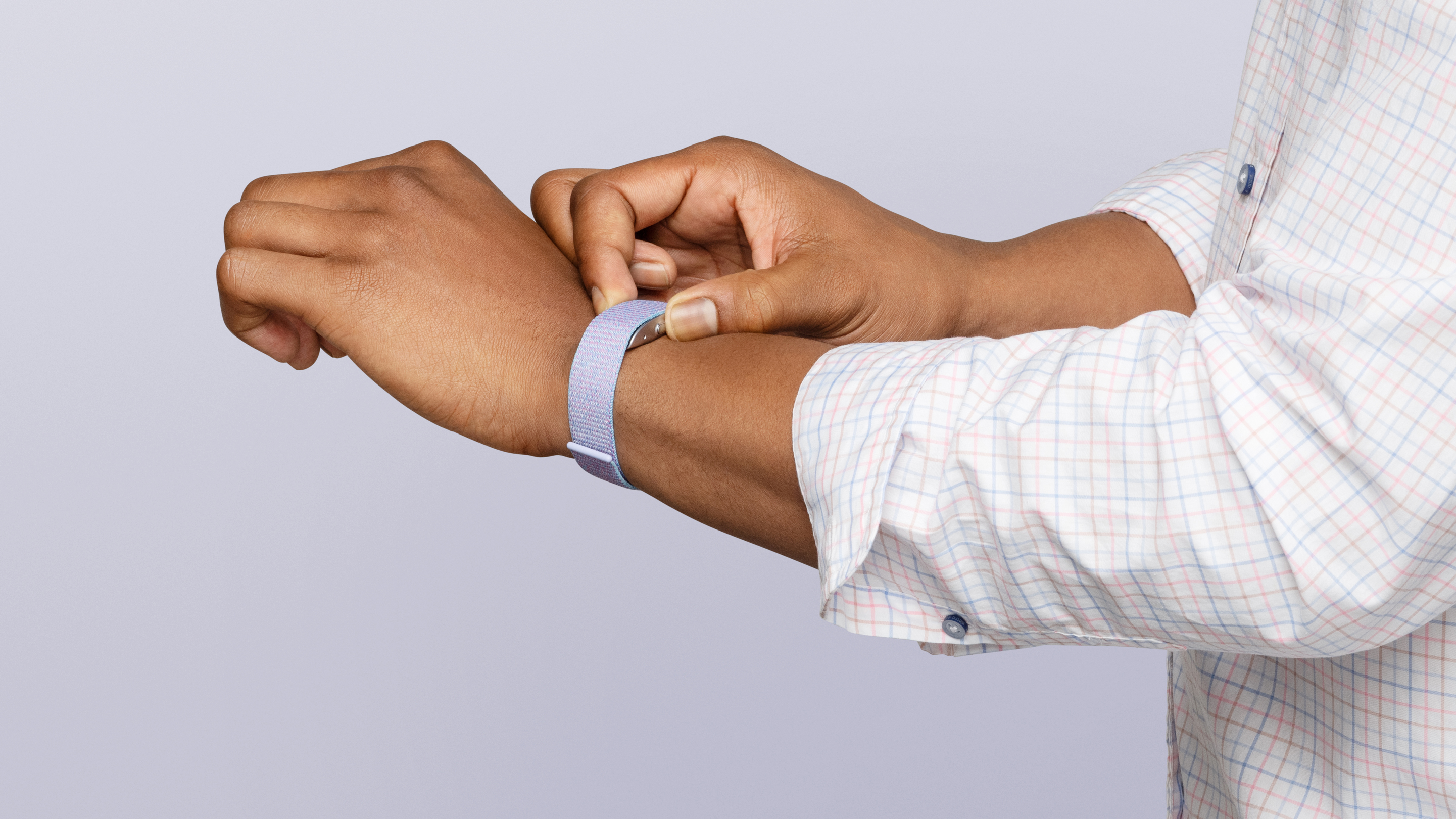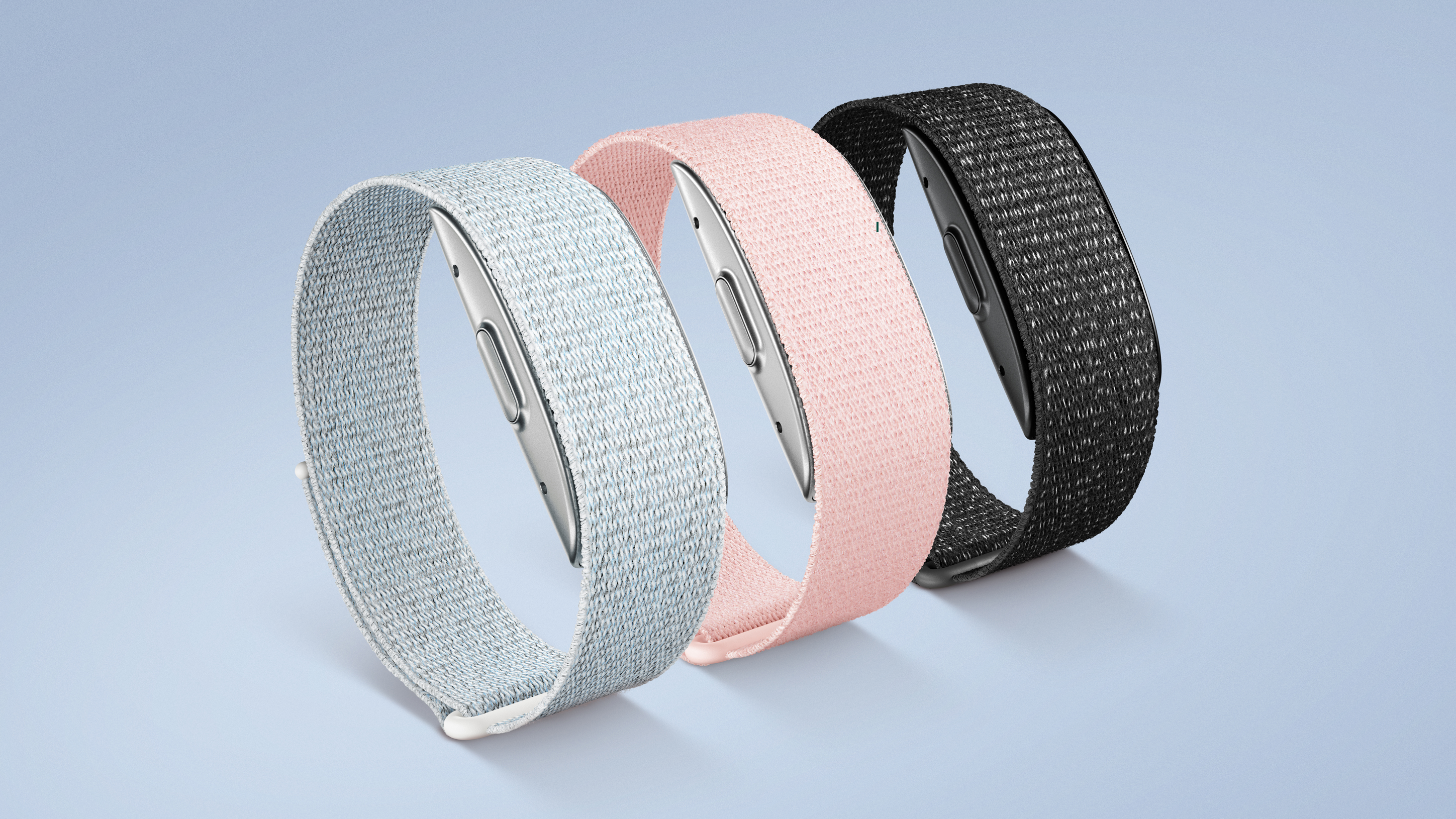
The Amazon Halo Band, announced a few days ago, is a lovely looking, lightweight fitness tracker that gathers stats on your wellbeing throughout the day. The Halo companion app then presents this all in a nicely designed app so you can spot trends and take action to improve your health and wellbeing.
It's also pretty creepy. Not only does the Halo track your steps, sleep patterns and activity levels (so far, so normal), it also monitors your tone of voice, tracking how you're interacting with other people and warning you if your voice is lacking in 'energy and positivity'.
As one of my colleagues noted, it sounds like a digitally outsourced Father Christmas, checking if you've been naughty or nice.
This judgy-sounding metric is calculated using voice samples recorded using an integrated microphone. Amazon assures potential users that these snippets are deleted after being analyzed and you can switch off the microphone any time, but I can't help wondering what its purpose is.

People working in a customer-facing profession (call center operators or sales assistants, for example) might be assessed on their ability to put on a happy face and maintain a cheery demeanor, but is that really something you want to track in your day-to-day life?
Polish your Halo
In fact, the workplace is the only place I can see a demand for something like this - one step on from the automated monitoring of services and software that already happens in some companies.

A wearable makes it more personal. The Halo Band is currently in Early Access, and can only be purchased by invitation, but it'll be very affordable $99 (roughly £75, AU$140) when it's launched globally so I can easily see companies choosing to equip employees with it so each person can self-monitor their chirpiness on the job.
Sign up for breaking news, reviews, opinion, top tech deals, and more.
If you're interested in monitoring your happiness and energy levels for yourself, I personally recommend using a mood tracking app, which lets you quickly enter a rating each day, along with optional notes about events or worries that may have affected how you're feeling.
After a while, you'll be able to look back and see for yourself how your mood fluctuates over time, and if there are any events that consistently stress you out or make you unhappy.
These apps are typically free and only store data locally on your phone, but to be assured of absolute privacy, you can easily jot it down in a notebook instead - which also has the added advantage of costing just a few pennies. I don't know about you, but that makes me pretty happy.
- We've rounded up the best cheap fitness trackers of 2020

Cat is TechRadar's Homes Editor specializing in kitchen appliances and smart home technology. She's been a tech journalist for 15 years, having worked on print magazines including PC Plus and PC Format, and is a Speciality Coffee Association (SCA) certified barista. Whether you want to invest in some smart lights or pick up a new espresso machine, she's the right person to help.